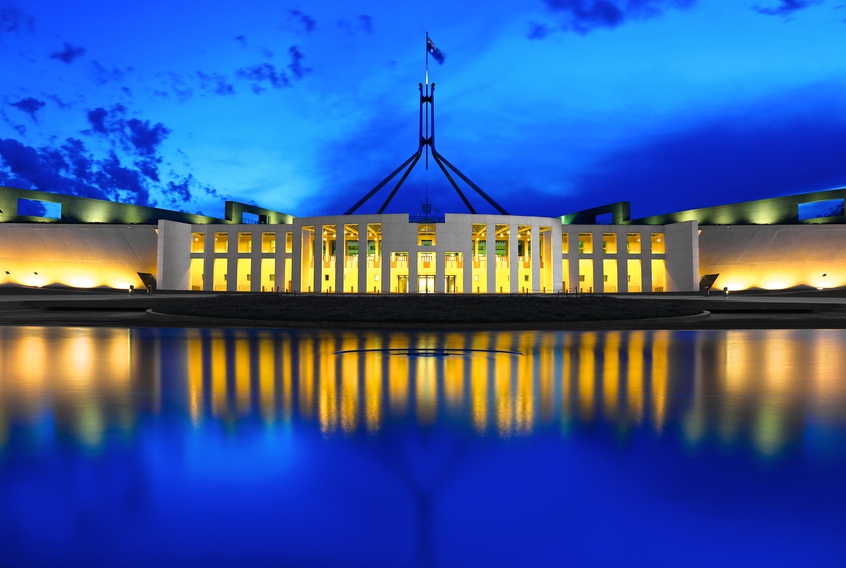On 10 December 2024, the Treasury Laws Amendment (Responsible Buy Now Pay Later and Other Measures) Act 2024 (Cth) (“BNPL Act”) received royal assent. The BNPL Act contains 6 Schedules that respectively amend a range of statutes including relevantly the National Consumer Credit Protection Act 2009 (Cth) which regulates the industry of BNPL products. Providers of BNPL products have six months before this new regulatory framework commences to apply for, or vary an existing Australian credit license as well as update their procedures, policies and contracts.
On 4 December 2024, ASIC released Consultation Paper 381: Updates to INFO 225 Digital Assets: Financial Products and Services (“CP 381”), offering substantial proposed updates to the existing Information Sheet 225: Crypto Assets (“INFO 225”). These proposed updates include providing additional guidance on digital assets, the inclusion of worked examples and transitional relief for businesses who are in the process of applying for one or more licenses from ASIC. ASIC seeks feedback on the updates proposed in CP 381, with plans to finalize INFO 225 by mid-2025.
On 10 December 2024, the Anti-Money Laundering and Counter-Terrorism Financing Amendment Act 2024 (Cth) received royal assent. This legislation makes material amendments to the Anti-Money Laundering and Counter-Terrorism Financing Act 2006 (Cth) and brings about significant reform to Australia’s anti-money laundering and counter-terrorism financing (AML/CTF) regime.
These amendments have sought to close key legislative gaps and better align Australia’s AML/CTF regime with the international standards set by the Financial Action Task Force.
The recent County Court of Victoria decision, Lynn Waller (A Pseudonym) v Romy Barrett (A Pseudonym) [2024] VCC 962, suggests the existence of an Australian common law cause of action for invasion of privacy.
The trial judge assessed that the right to privacy is a value distinct to the right to keep information confidential. As a result, she considered that privacy requires separate protection to breach of confidence claims. This brings Australia closer to the accepted position in the UK, US, Canada, and New Zealand.
The Australian Parliament passed the Treasury Laws Amendment (Mergers and Acquisitions Reform) Bill 2024 without any amendments on 28 November 2024, marking a new chapter for merger control in Australia.
The merger laws are slated to come into effect on 1 January 2026 and will constitute a significant departure from the existing voluntary regime. Companies will need to take account of these changes for their acquisition strategies (including planning and execution) for both local and multi-jurisdictional deals over the next 12 months.
Directors in corporate groups can take greater comfort when relying on financial support from related entities, following a recent Full Court of the Federal Court decision in the case of Canstruct Pty Ltd v Project Sea Dragon Pty Ltd (Subject to a Deed of Company Arrangement) [2024] FCA 112.
Last year, doubt was cast on the adequacy of financial support that is not fully documented or binding to establish the solvency of a related company. This decision has reset that position in favor of such arrangements potentially being sufficient, provided actual support is given.
Proposed changes to Australia’s merger control regime were introduced to Parliament last month following extensive public consultation.
As a key element of the reforms, the new legislation will enable the ACCC to request that the Treasurer designate certain sectors of the economy where all mergers, acquisitions or other transactions would require approval from the ACCC, regardless of transaction size.
Comments made by the ACCC and the Treasury over the course of the reform consultation process indicate that the ACCC will use its increased powers under the new regime to examine transactions in the pathology and oncology-radiology sectors.
Proposed changes to Australia’s merger control regime were introduced to Parliament last month following extensive public consultation.
As a key element of the reforms, the new legislation will enable the ACCC to request that the Treasurer designate certain sectors of the economy where all mergers, acquisitions or other transactions would require approval from the ACCC, regardless of transaction size.
Comments made by the ACCC and the Treasury over the course of the reform consultation process indicate that the ACCC will use its increased powers under the new regime to examine transactions in the pathology and oncology-radiology sectors.
Last month ASIC announced that it is calling upon product issuers to ensure distribution practices are ‘up to scratch’. This announcement follows the release of Report 795 Design and distribution obligations: Compliance with the reasonable steps obligation by ASIC. Alan Kirkland, ASIC Commissioner, has said that improvements across the board are still required to ensure that consumers feel confident that the financial products they purchase will suit their needs.
In 2023, the Australian Government released the 2023-2030 Australian Cyber Security Strategy.
9 October 2024 marked the latest in a series of legislative reforms in pursuit of that strategy, as the Cyber Security Legislative Package 2024 (Package) was introduced to Parliament. The Package has been referred to the Parliamentary Joint Committee on Intelligence and Security for inquiry and report.



